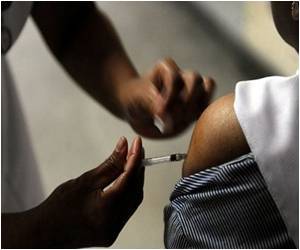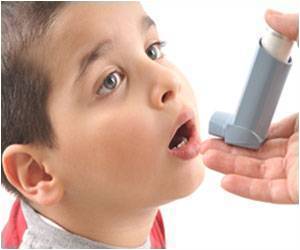Annual death rates of measles come down to 90,000 worldwide last year, reported World Health Organization (WHO) and other international agencies.

TOP INSIGHT
Children who are not vaccinated for measles are at a greater risk of developing severe health complications such as diarrhea, pneumonia, blindness, encephalitis, and death.
The world is still far from eliminating measles, said the report.
Coverage with the first dose of measles vaccine had been stalled at about 85 percent since 2009 and was far short of the 95 percent needed to stop measles infections. Coverage with the second dose of measles was found to be only 64 percent in 2016.
“We must strive to reach zero measles cases, and measles elimination will only be reached if measles vaccines reach every child, everywhere,” said Jean-Marie Okwo-Bele, the director of the WHO’s immunization department.
M&RI is a partnership of the American Red Cross, the U.S. Centers for Disease Control and Prevention, the UNICEF children’s fund, the United Nations Foundation, and the WHO.
However, there are still about 20.8 million children who miss their first measles vaccine dose.
Large outbreaks of measles continue to occur in these six countries and as well as others in Europe and North America. This would put children at risk of severe health complications including diarrhea, pneumonia, blindness, encephalitis, and death.
Seth Berkley, chief executive of the GAVI global vaccine alliance, has welcomed the decline in measles deaths.
But he added: “We cannot afford to be complacent. Too many children are still missing out on lifesaving vaccines. To reach these children and set ourselves on a realistic road to measles elimination we need to improve routine immunization backed by strong health systems dramatically.”
Source-Medindia
 MEDINDIA
MEDINDIA



 Email
Email






